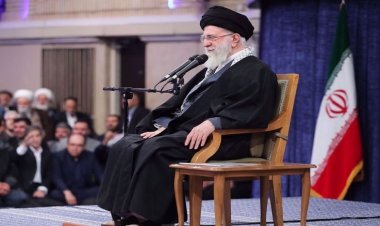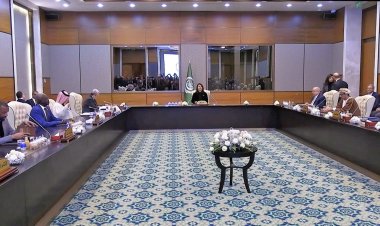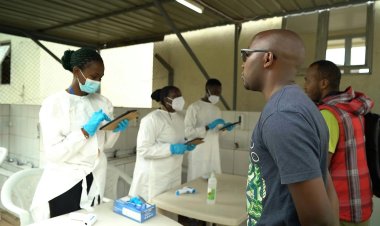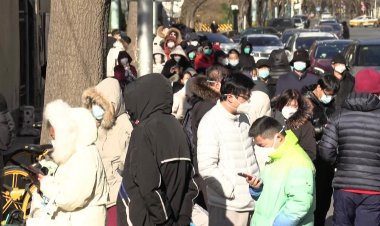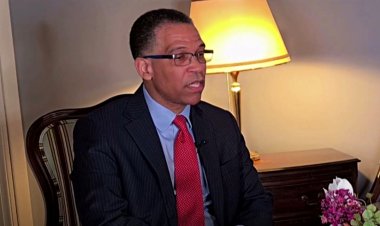Displaced Syrians reach Tabqa after Aleppo fighting
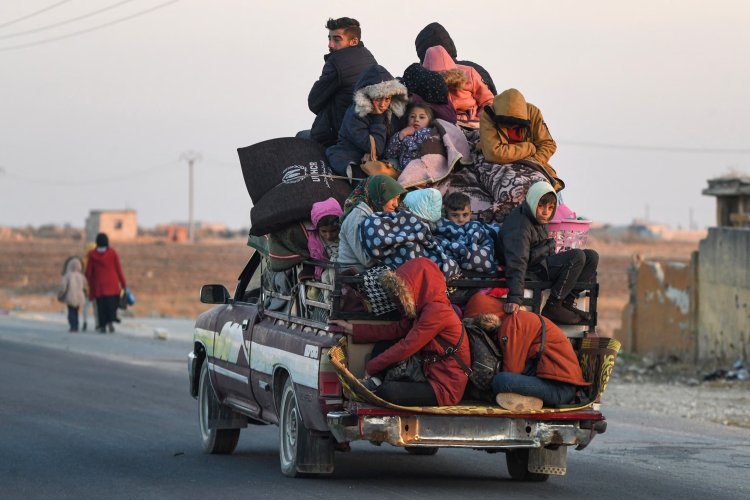
Displaced people who fled from Aleppo countryside amid recent fighting reached the town of Tabqa in northern Syria.
Vans and tractors with trailers piled with bedding, belongings and carrying people fleeing their homes could be seen along the road to Tabqa, and tents were being set up in the town.
A local official said that efforts were being made to set up centres to accommodate those arriving.
Last week, rebels seized Aleppo - Syria's largest city before the war - marking the biggest offensive for years.
Syrian rebels advanced against government forces to the major city of Hama, rebels and a war monitor said. Meanwhile, fighters from a U.S.-backed, Kurdish-led coalition battled government forces in the northeast, both sides said, opening a new front along a vital supply route.
The front lines of the conflict have been frozen since 2020 after Assad clawed back most of the country from rebels, thanks to help from Russian air power and its network of regional Shi'ite militia groups.
The Syrian opposition-run rescue service known as the White Helmets released a video showing members of their group transporting injured people to hospital as President Bashar al-Assad fights off a rebel assault launched last week.
The Syrian civil war that began in 2011 killed hundreds of thousands of people, drew in major powers and sent millions of refugees across international borders. Assad has had the upper hand since receiving backing from Russia and Iran a decade ago, but that support has been challenged by devastating losses Israel inflicted on Hezbollah allies over the past two months.
Syrians queued to buy bread in neighborhoods of Syria’s Aleppo, following a rebel assault last week that captured the city.
In one area, people could be seen queuing in long lines to buy flatbread, and elsewhere people crowded around the back of a van to try to buy the staple.
Last week's rebel assault that captured Aleppo - Syria's largest city before the war - is the biggest offensive for years in a conflict whose frontlines had been frozen since 2020.







